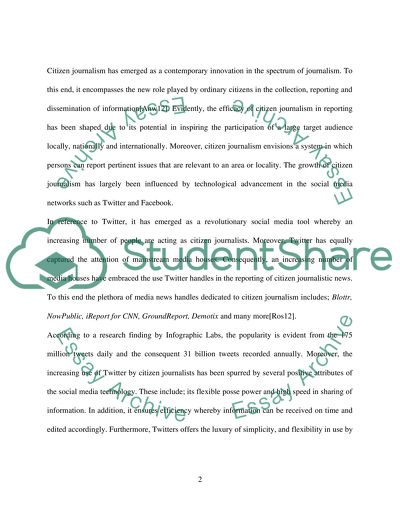Cite this document
(“'Twitter has made a significant contribution to citizen journalism' Essay”, n.d.)
Retrieved from https://studentshare.org/journalism-communication/1461035--twitter-has-made-a-significant-contribution-to
Retrieved from https://studentshare.org/journalism-communication/1461035--twitter-has-made-a-significant-contribution-to
('Twitter Has Made a Significant Contribution to Citizen journalism' Essay)
https://studentshare.org/journalism-communication/1461035--twitter-has-made-a-significant-contribution-to.
https://studentshare.org/journalism-communication/1461035--twitter-has-made-a-significant-contribution-to.
“'Twitter Has Made a Significant Contribution to Citizen journalism' Essay”, n.d. https://studentshare.org/journalism-communication/1461035--twitter-has-made-a-significant-contribution-to.


